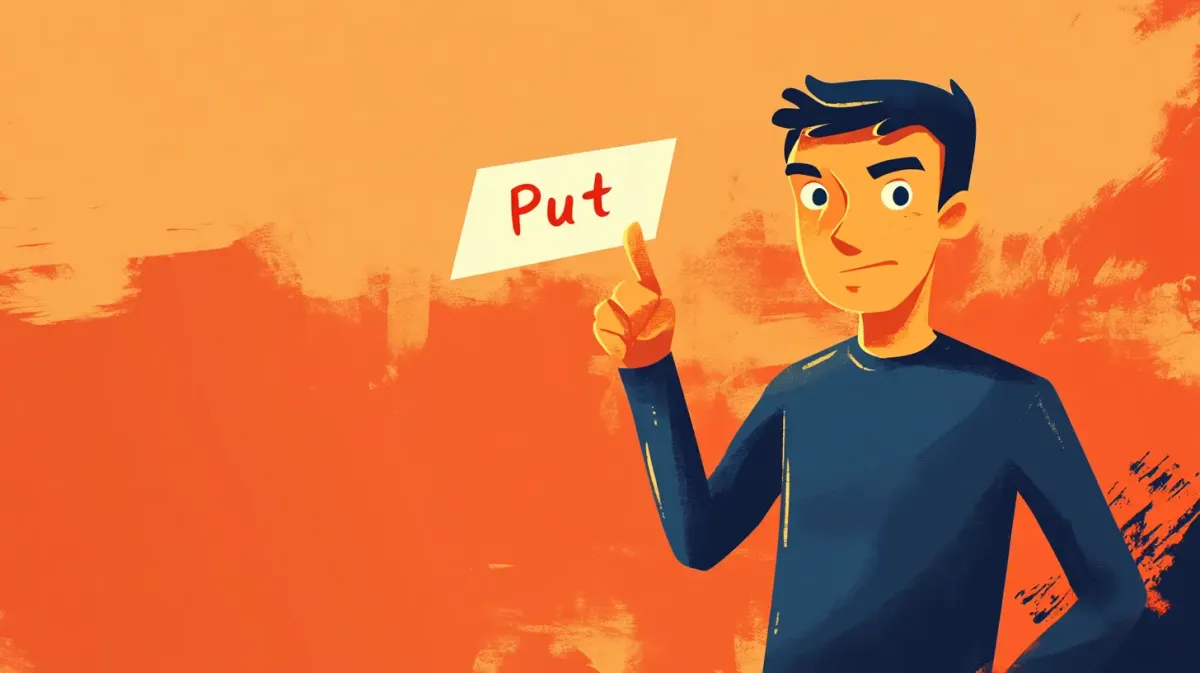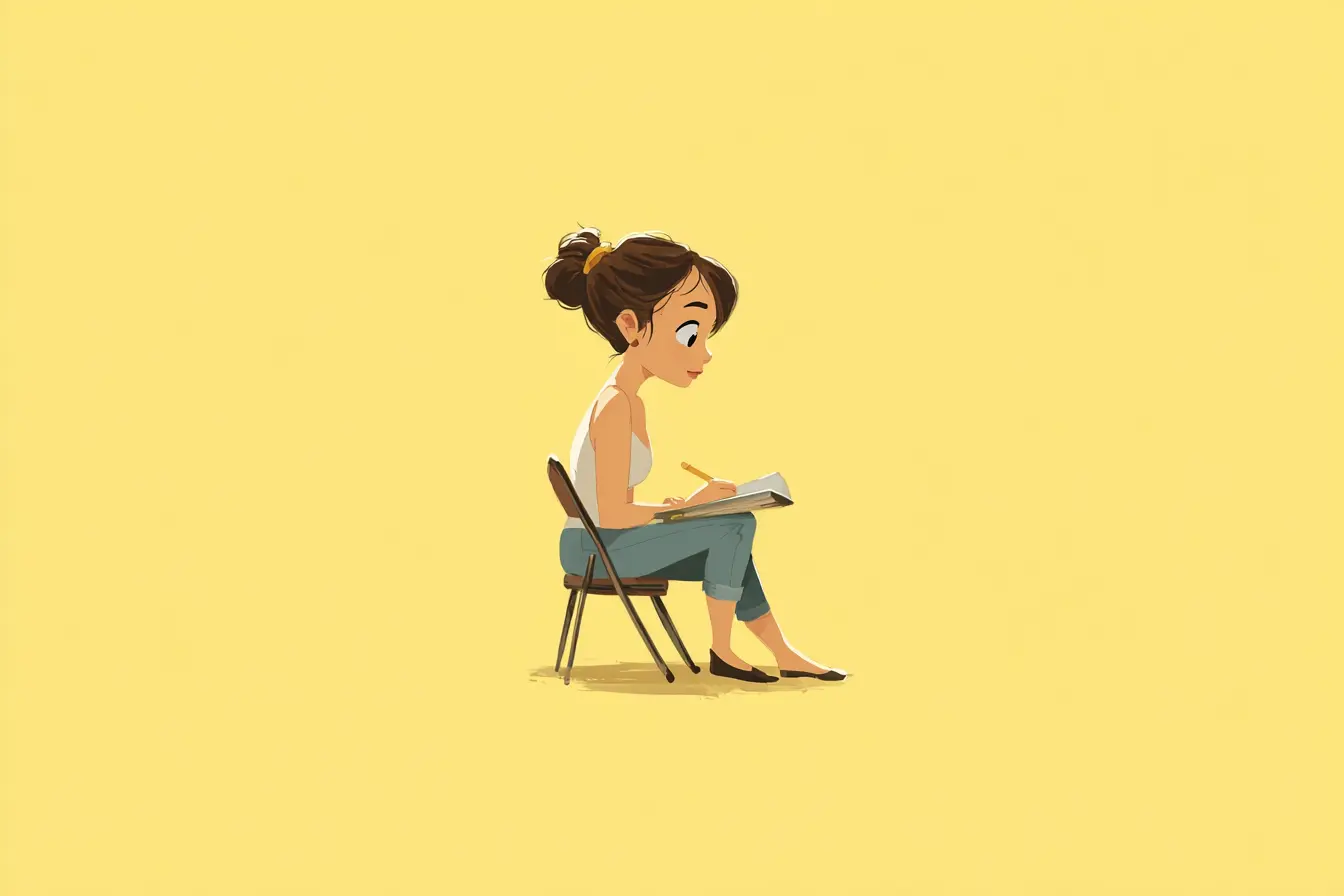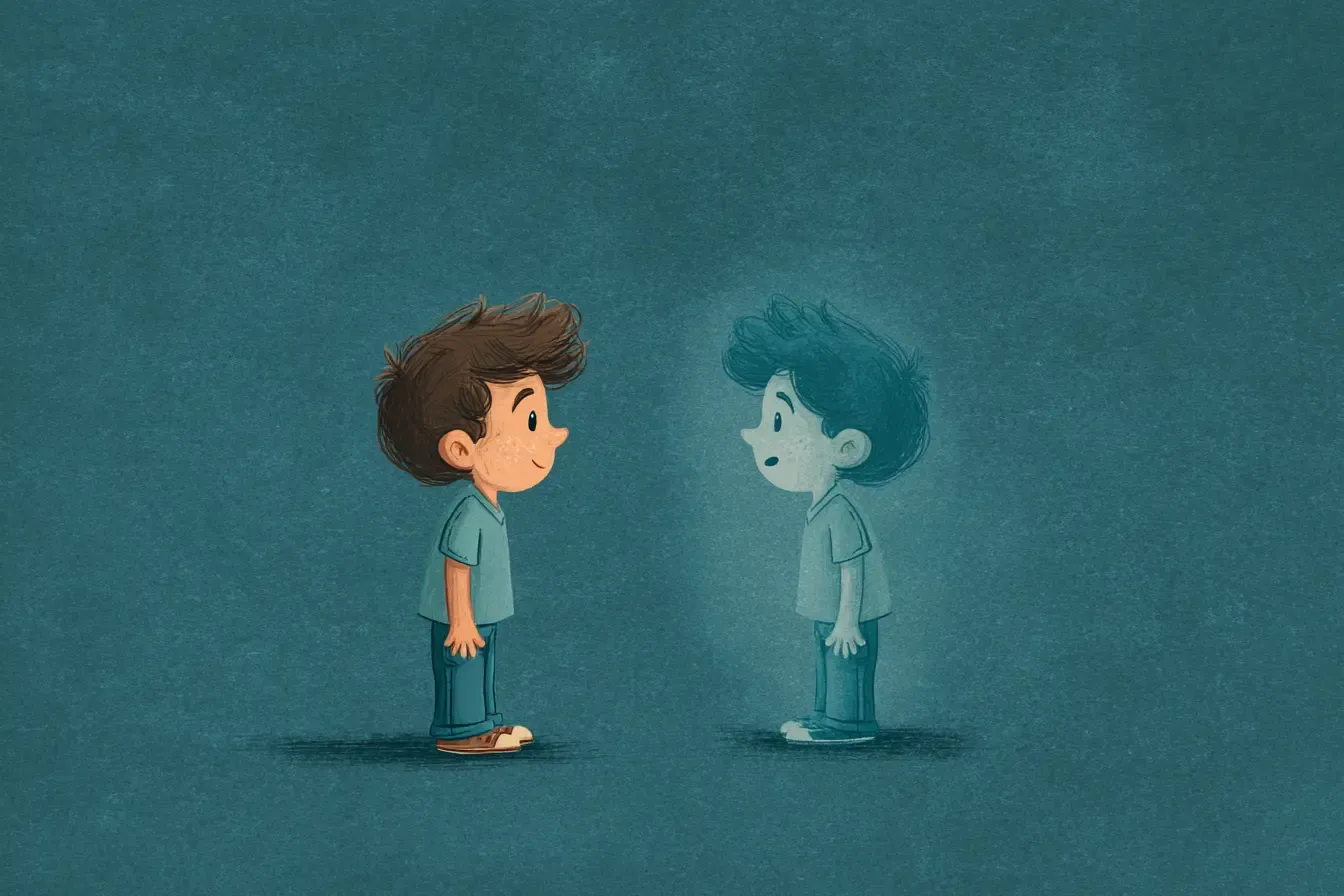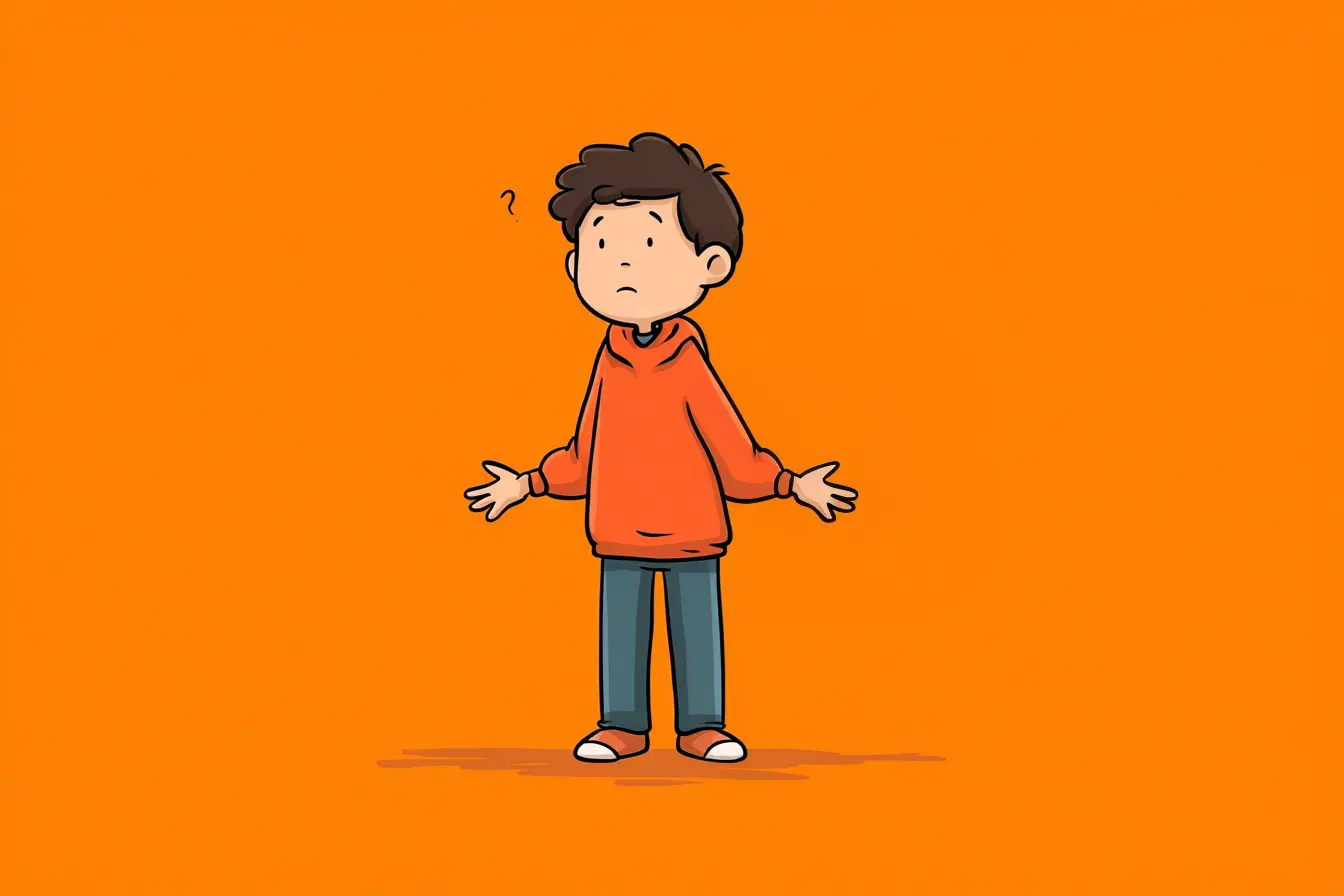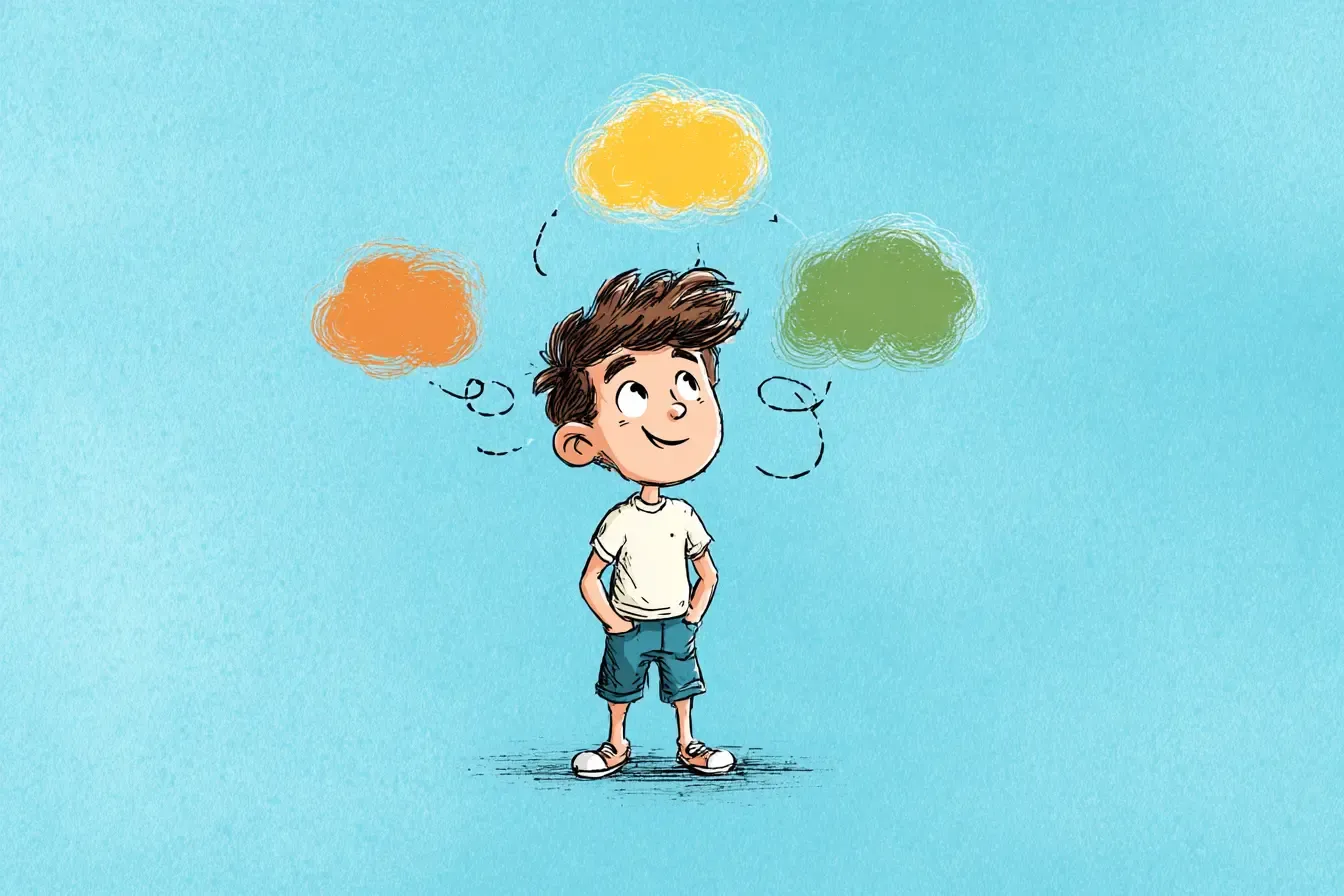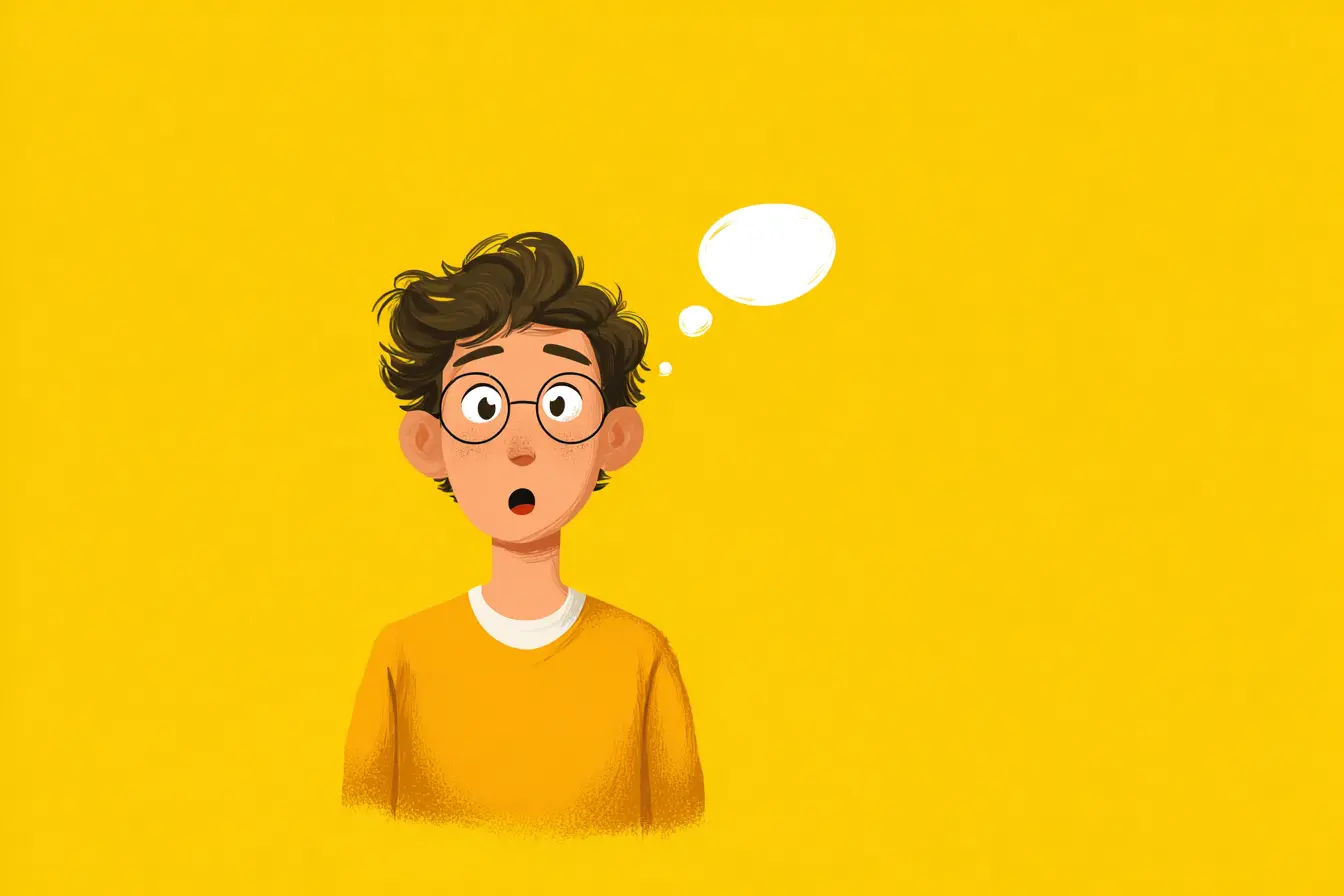Phrasal verbs can feel like a puzzle when you're learning English, but they don’t have to be scary! Today, we’re going to focus on phrasal verbs with "Put", which are some of the most useful and common expressions in English. Once you master these, you’ll sound more natural and confident in conversations.
This guide will break everything down into clear, practical examples so you can start using these phrases right away. Let’s dive in!
What are phrasal verbs?
Phrasal verbs are phrases made up of a verb combined with a preposition or an adverb. Together, they create an entirely new meaning. For example:
- “Put” (the basic verb) means to place something.
- But “put on” can mean to wear something!
These small changes make a huge difference, so learning them is essential to understand and speak English well.
Quick recap table
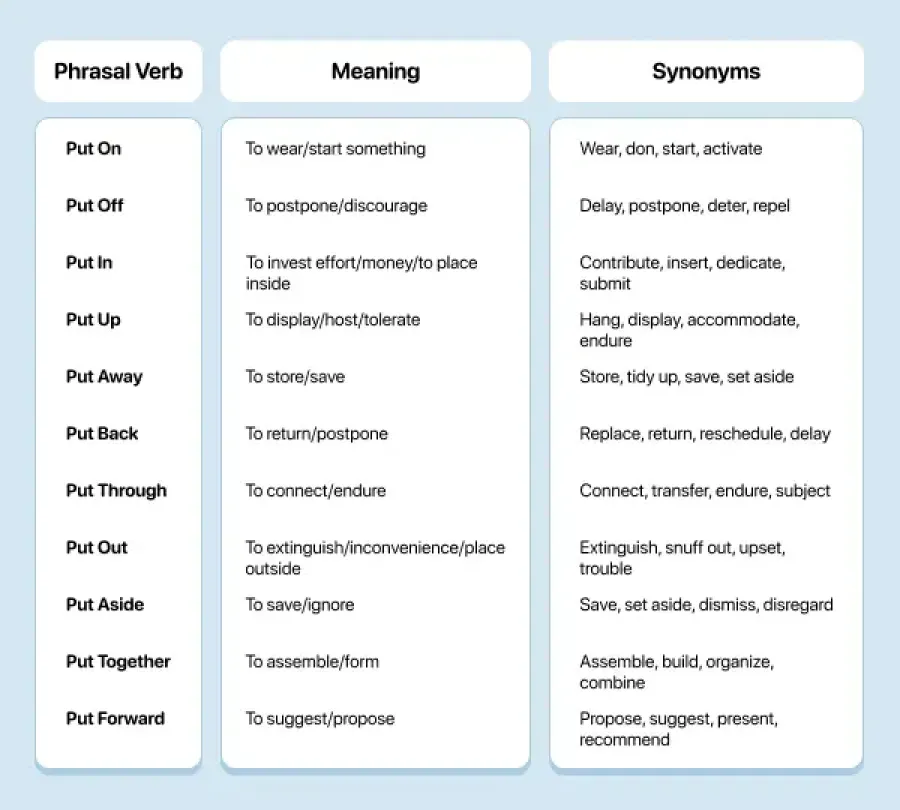
The most common phrasal verbs with "Put"
Here’s a list of the most practical and frequently used phrasal verbs with "Put". Each one includes its meaning, simple examples, and tips on how to use them in real life.
1. Put On
Meaning: To wear something or to place something on your body.
Examples:
- "I put on my hat and go out into the garden."— Jane Austen, Pride and Prejudice (1813)
- "You put on airs, but we all know your true nature."— Charles Dickens, Great Expectations (1861)
- "We put on our coats and prepare for the journey ahead."— Herman Melville, Moby-Dick (1851)
Tip: Use this when talking about clothes, accessories, or even starting an activity like playing music or a show.
2. Put Off
Meaning: To postpone or delay something. It can also mean to discourage someone.
Examples:
- "I put off my coat and sit by the fire."— Charles Dickens, A Tale of Two Cities (1859)
- "She puts off her worries and dances with joy."— Jane Austen, Sense and Sensibility (1811)
- "We put off our departure to enjoy the morning sun."— Emily Brontë, Wuthering Heights (1847)
Tip: Use this when something is delayed, or if something makes you lose interest or motivation.
3. Put In
Meaning: To invest time, effort, or something physical like money.
Examples:
- "I put in my application and await their response."— Jane Austen, Pride and Prejudice (1813)
- "She puts in a great deal of effort to perfect her art."— Charlotte Brontë, Jane Eyre (1847)
- "They put in long hours to complete the project on time."— Charles Dickens, David Copperfield (1850)
Tip: This works well when talking about contributing effort, ideas, or resources; also, to place something inside a container or space.
4. Put Up
Meaning: To hang or display something; also to host someone. Also, it means to tolerate something or someone when used with the word "with"— as in "put up with"
Examples:
- "I put up my umbrella as the rain begins to fall."— Louisa May Alcott, Little Women (1868)
- "She puts up her hair every morning before breakfast."— Thomas Hardy, Tess of the d'Urbervilles (1891)
- "He puts up with his neighbor's loud music every evening."— Mark Twain, The Adventures of Tom Sawyer (1876)
Tip: Context is key here! It could mean displaying, hosting, or tolerating depending on how it’s used.
5. Put Away
Meaning: To store something in its proper place or save money.
Examples:
- "I put away my tools after completing the task."— Henry David Thoreau, Walden (1854)
- "She puts away her sewing kit once the mending is done."— Elizabeth Gaskell, North and South (1855)
- "They put away their differences to work together harmoniously."— Ralph Waldo Emerson, Self-Reliance (1841)
Tip: This is useful for cleaning up or saving money for future needs.
6. Put Back
Meaning: To return something to its original place.
Examples:
- "They put back the chairs after the meeting concludes."— Ralph Waldo Emerson, Self-Reliance (1841)
- "He puts back the money into his wallet after counting it."— Benjamin Franklin, The Autobiography of Benjamin Franklin (1791)
- "We put back the picnic basket in the car after lunch."— Walt Whitman, Leaves of Grass (1855)
Tip: It can also mean postponing plans, similar to “put off.”
7. Put Through
Meaning: To connect someone on a phone call or make someone endure a challenging experience.
Examples:
- "I put through the call to the doctor immediately."— Edith Wharton, The Age of Innocence (1920)
- "She puts through her daily exercises with unwavering discipline."— James Joyce, Ulysses (1922)
- "They put through the final edits before the publication deadline."— F. Scott Fitzgerald, The Great Gatsby (1925)
Tip: This is common in phone conversations or when talking about challenges.
8. Put Out
Meaning: To extinguish a fire, inconvenience someone, release or publish something, put effort into a task; to place something (or someone) outside.
Examples:
- "She puts out her hand to greet the visitor."— Jane Austen, Pride and Prejudice (1813)
- "They put out the fire before leaving the campsite."— Mark Twain, The Adventures of Tom Sawyer (1876)
- "He puts out the cat every night before bed."— Charles Dickens, David Copperfield (1850)
Tip: Use this for stopping fires or apologizing when you’re asking someone for a favor.
9. Put Aside
Meaning: To save something for later, usually time or money, or to set aside differences.
Examples:
- "They put aside their differences to work together harmoniously."— Mark Twain, The Adventures of Tom Sawyer (1876)
- "He puts aside a portion of his earnings every month for future needs."— Benjamin Franklin, The Autobiography of Benjamin Franklin (1791)
- "We put aside our grievances to focus on the common goal."— Charles Dickens, A Tale of Two Cities (1859)
Tip: This is great for talking about saving money or overcoming disagreements.
10. Put Together
Meaning: To assemble or combine parts to create something.
Examples:
- "I put together the pieces of the broken vase carefully."— Henry David Thoreau, Walden (1854)
- "She puts together a bouquet of wildflowers every morning."— Elizabeth Gaskell, North and South (1855)
- "They put together a plan to surprise their friend on his birthday."— Mark Twain, The Adventures of Tom Sawyer (1876)
Tip: Use this when talking about building something physical or forming a group.
11. Put Forward
Meaning: To suggest or propose an idea; to nominate someone for a position or role; to present something for consideration or discussion.
Examples:
- "They put forward a compelling argument in favor of the motion."— Mark Twain, The Adventures of Tom Sawyer (1876)
- "He puts forward his candidacy for the upcoming election."— Herman Melville, Moby-Dick (1851)
- "We put forward our suggestions for improving the community."— Charles Dickens, A Tale of Two Cities (1859)
Tip: This is often used in meetings or discussions when presenting ideas.
Tips to learn phrasal verbs with "Put"
- Practice in context: Use these phrasal verbs in sentences about your day-to-day activities.
- Create associations: Link meanings with images or stories. For example, "put on" = wearing a jacket.
- Listen and repeat: Watch movies, TV shows, or podcasts and listen for phrasal verbs. Repeat them out loud.
- Test yourself: Write sentences using each phrasal verb or challenge yourself to include them in conversations.
Phrasal verbs with "put" are everywhere in English, and learning them will help you communicate more naturally. Start practicing them little by little, and don’t worry if you make mistakes — that’s part of learning!
Now, put together some sentences, put aside your doubts, and put in the effort to master these. And here, you can also learn phrasal verbs with "Get". Happy learning!


